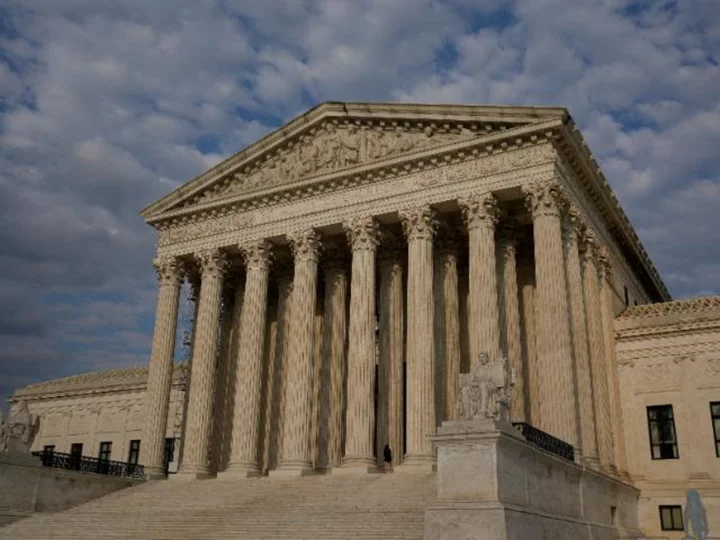The Supreme Court on Friday upheld a provision of federal law that prohibits the encouragement of illegal immigration for financial gain, ruling against a man who ran an organization falsely claiming that noncitizens could obtain citizenship in the US through adult adoption.
The case raised significant free speech concerns in the context of a law meant to forbid individuals from encouraging illegal immigration.
Central to the case was Helaman Hansen, who ran an organization called Helping America Chamber of Commerce falsely claiming that noncitizens could obtain citizenship in the US through adult adoption. He sought to convince those seeking citizenship, that many immigrants had become US citizens through his program even though he knew it was untrue.
The ruling means convictions against Hansen under the law are likely to be reinstated.
In 2017, he was found guilty of several counts of mail fraud and wire fraud including two counts of encouraging or inducing unlawful immigration for private financial gain. At trial it was revealed that 471 victims participated in the program and had each paid between $550 and $10,000. According to court papers, Hansen made more than $1.8 million in revenue. He was sentenced to 240 months for each of the wire and mail fraud counts and 120 months for each of the encouraging unlawful immigration.
His lawyers argued the law violated his First Amendment rights because it had the potential of covering a wide swathe of commonplace statements that could be interpreted as encouraging a noncitizen to remain in the United States. They argued it could criminalize every day conversations about immigration.









